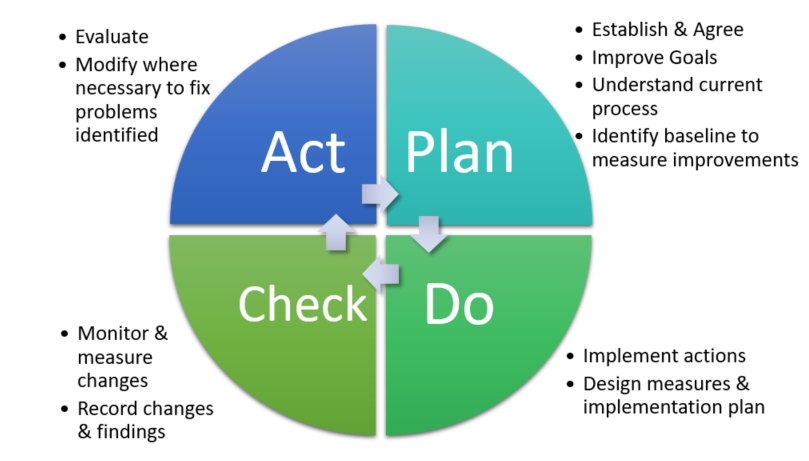Growth Expansion
Wisconsin Model
Nearly three years of program delivery has allowed this pilot program to gather a significant amount of data and analyze policies and procedures. The core principles of this program remain intact, yet to be responsive to participant needs, implement new national opioid standards, and be cognizant of taxpayer funding, we are continually seeking ways to improve. Following are topics under consideration for our program at this time.
- Shorten program length to 9 months: Termination data and changes in funding sources have us considering the program length. Keeping the participation rate high is important for individual success. Because our program involves weekly contact with DOC staff and urinalysis testing, we believe the length of the program is creating problems which need to be addressed. We believe the core programming is completed within the first 6 months and most participants should have established other funding sources (employee insurance, Medicaid, VA, etc.). Reducing the length from 12 months to 9 will increase successful completions while allowing more participants to benefit from the limited program funding.
- Expand into more state institutions: In order to benefit more prison releases, we will expand into all of our institutions for the pre-release Vivitrol injection. This will involve more internal staff training but costs should not increase to the Department as our institution releases will have Medicaid insurance benefits established for the date of release.
- Expand potential vendors: Our program hinges on community vendor involvement. Since 2016, we have remained with our core vendors but seek more involvement. We would like to add 4 to 8 additional vendors in the original pilot geographic region.
- Increase funding. Additional state funding or reallocation of current investments is needed to take the pilot program statewide. The need for this program has been established for those offenders lacking financial ability to pay for the services. Alkermes (Vivitrol manufacturer) has low-income assistance available which we can leverage but the program costs remain high. The monthly cost per uninsured person for the program services is $1,500 to $2,500 for the first six months.
- Alumni Events. We are exploring a way to continue the involvement of the graduates in a prosocial activity. We would like to initiate alumni groups as support group and as a means to continue collecting data to evidence the need and longer term success of the program model.
Ideas for Growth/Expansion
Once your program has been active for a year, you will want to revisit its effectiveness. Based on our experience, here are some ideas for that growth and expansion.
- Look at the number of medication treatment months you are providing. We are currently looking into updated research to determine what the optimal number of treatment months is to ensure sobriety of participants and maximize funding.
- Look into your data to determine if you are reaching individuals best suited for the program. We are currently looking into our correctional institution populations to determine if there are other programs that should be required in order to properly prepare the participants for success.
- Reach out to your stakeholders, community partners, and other state programs to talk about their experience. Use the knowledge and best practices that are being created in other programs to assist in making decisions.
- Use your data and research resources to gain a full understanding of the outcomes of your program in order to determine if changes are necessary.
